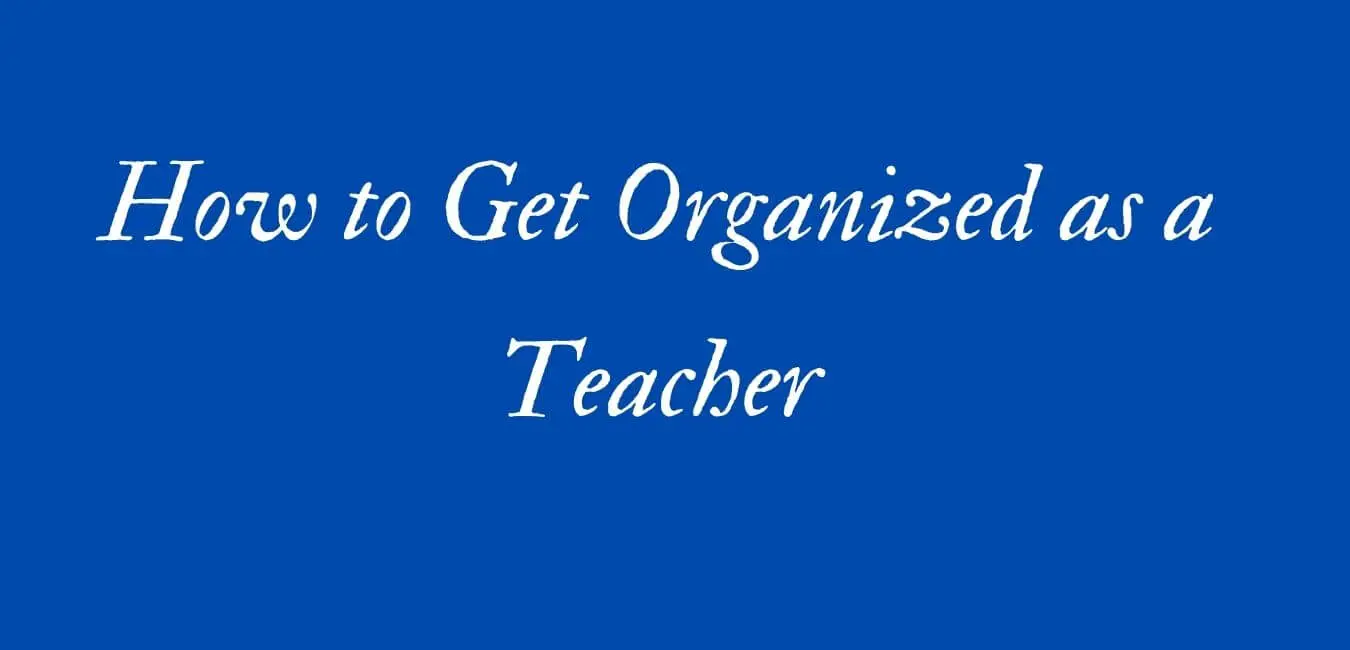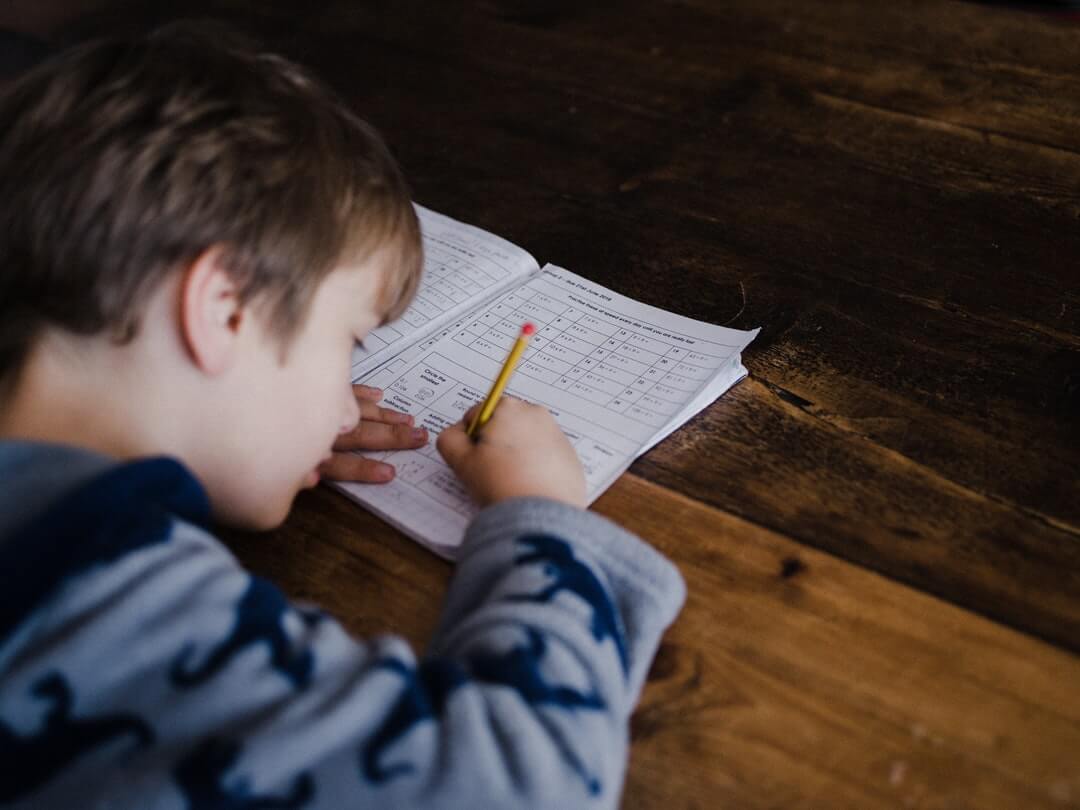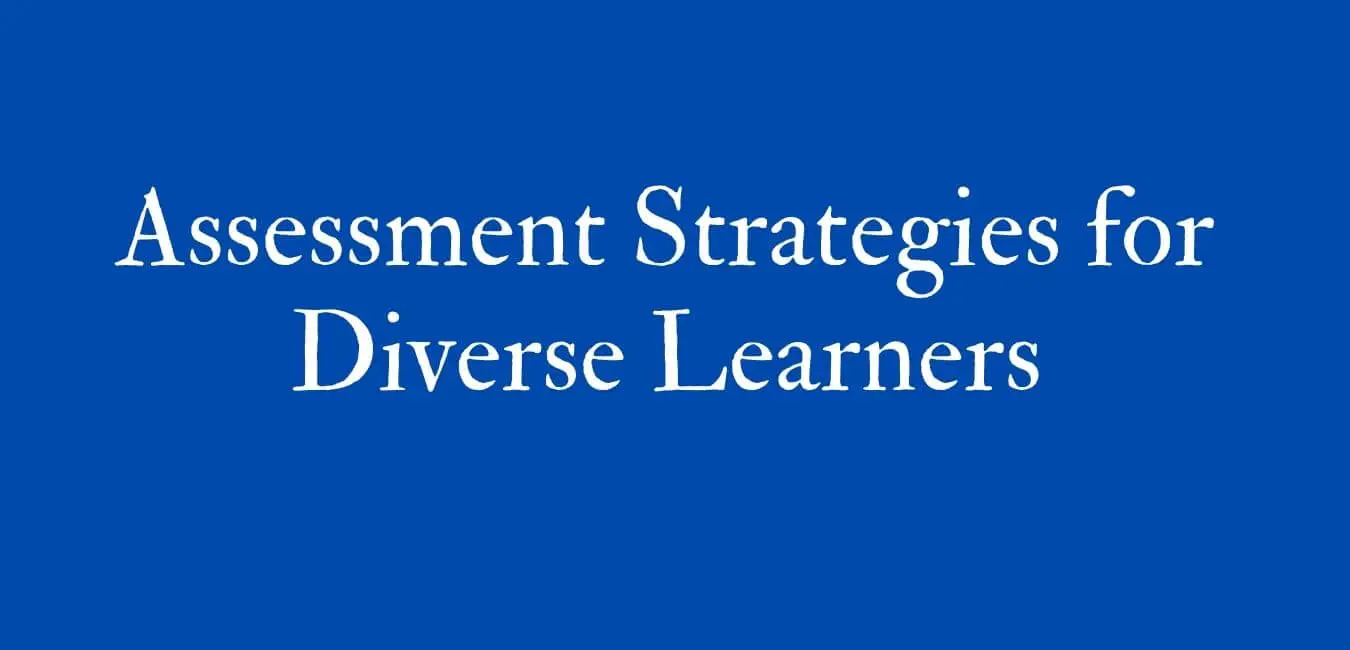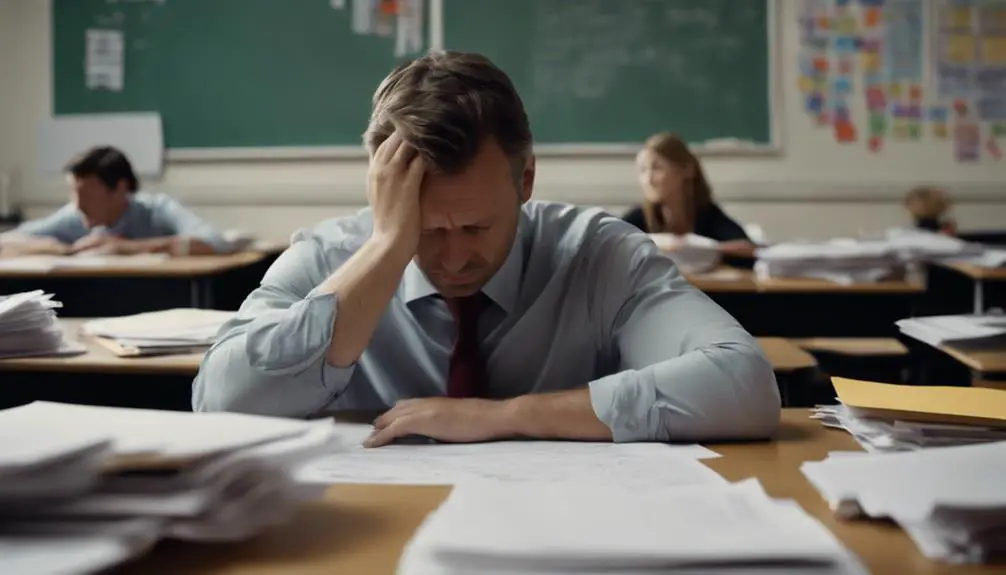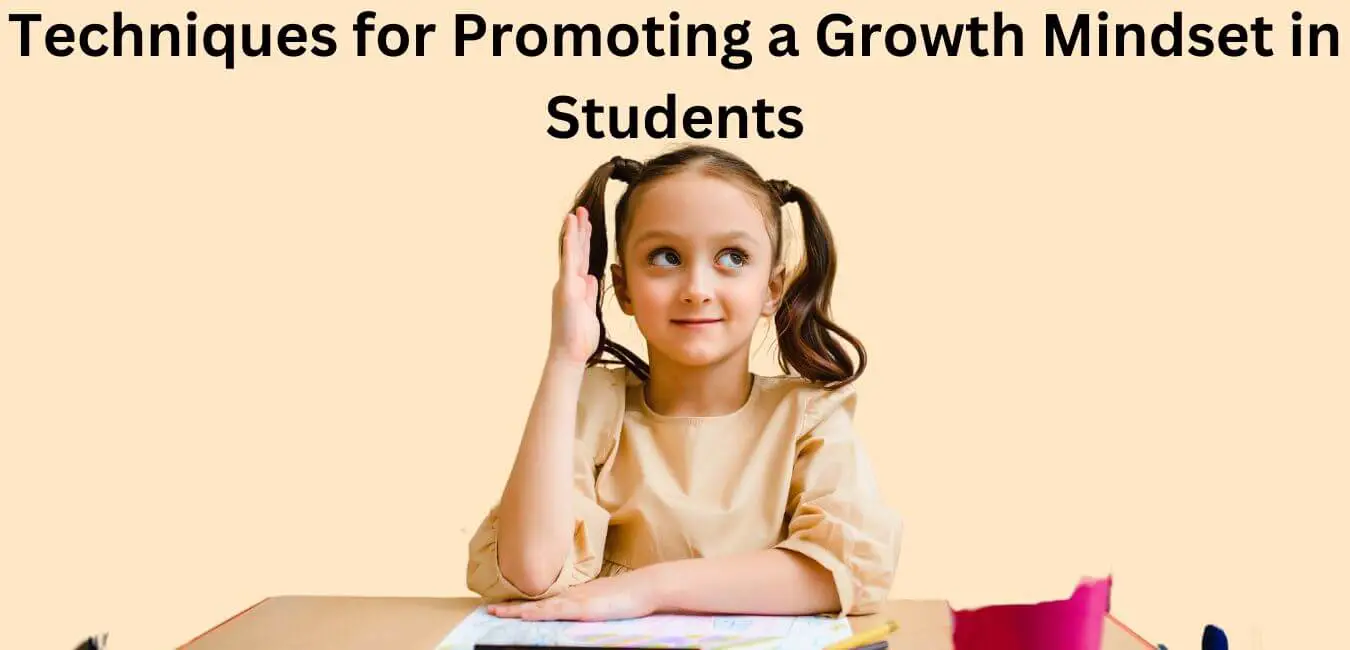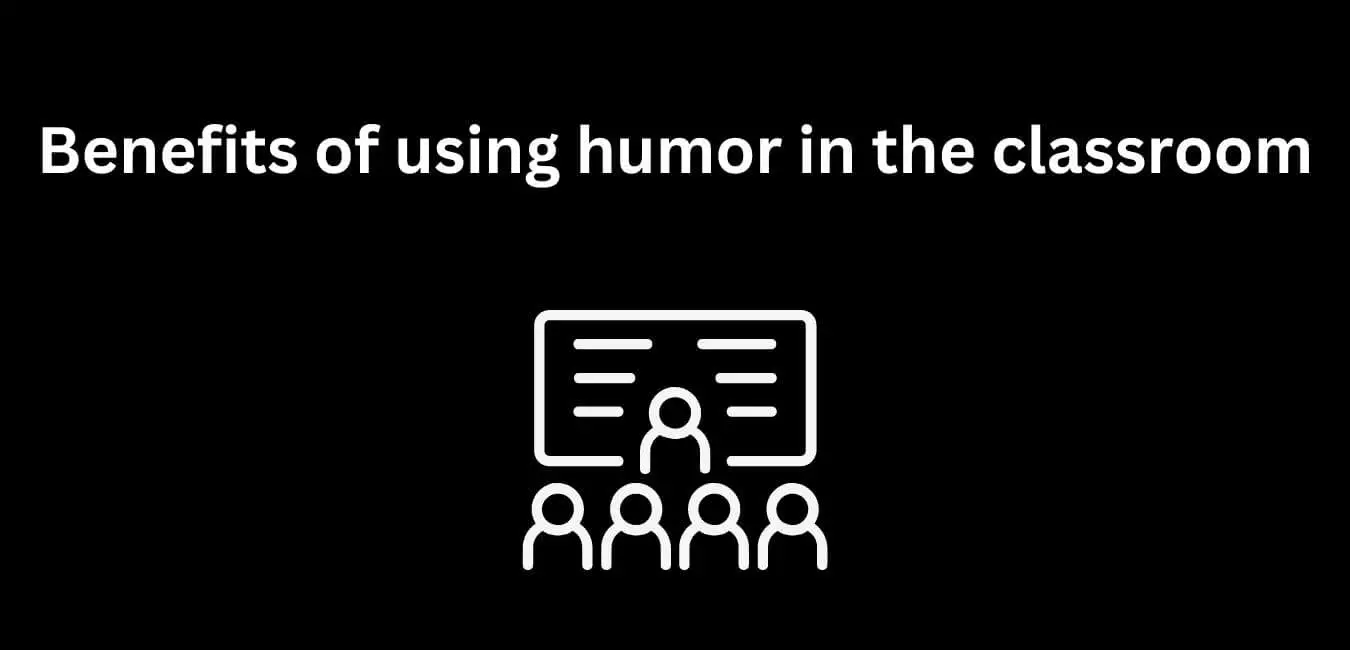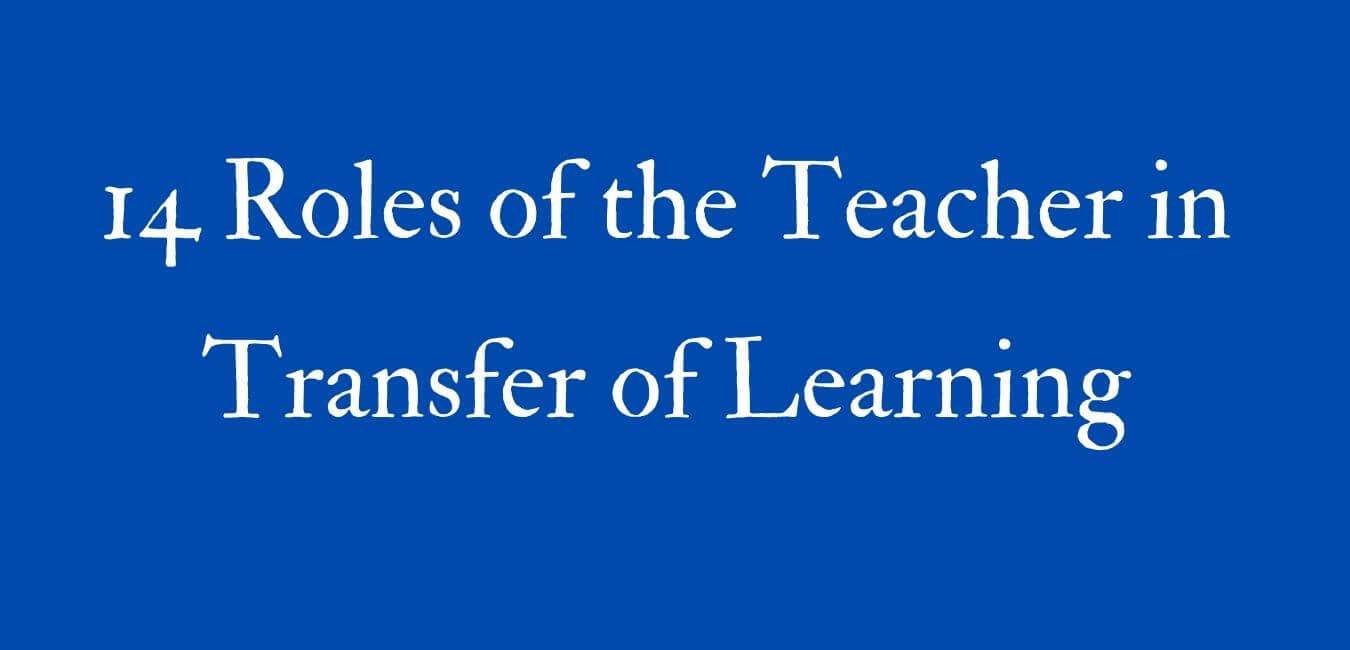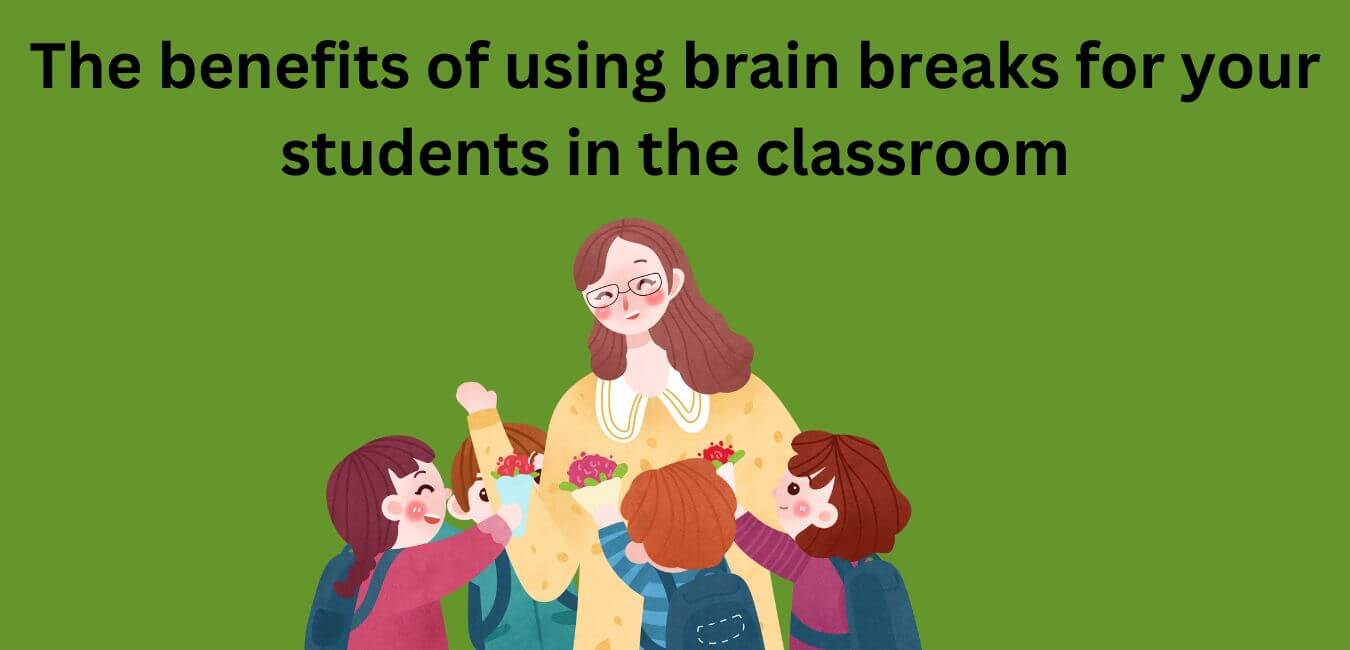Teachers know how difficult it is to keep up with all the tasks that need to be completed every day. The list seems never-ending and includes everything from lesson plans, grading papers, reading student work, and so much more.
There’s no doubt that teaching is an incredibly demanding job, but there are also many opportunities to feel accomplished. One way to be successful in the profession is to organize your life, schedule, and work-all while staying organized!
You can start by organizing your room and desk. You can categorize different things, such as teaching materials, assignments, and random stuff. Once you have everything categorized, you need to create a system for assignment organization. You can use a sticky note or label maker to assign specific items to specific days. You should also encourage students to put their work in the correct place as soon as they are finished with it so that you can grade it efficiently.
In this post, we will look at why you need to be organized. I will suggest some tips to help you get organized.
Why is it important to be organized as a teacher?
Every teacher knows that organizing a classroom can seem like a daunting task. It can be hard to know where to start and how to stay organized throughout the school year. However, being more organized can make your job easier and more enjoyable. The following are some of the reasons why you should remain organized:
It Reduces Stress
How much stress is usually thrust onto the shoulders of a teacher? It often feels like we’re juggling balls in the air, just waiting for one to fall and break. When teachers get stressed out, they tend to become less effective at their jobs.
Being organized helps reduce this stress by making sure everything has its place. This means fewer things on our desks or shelves, which makes us feel better about ourselves and our work. We also have time to focus on what’s important instead of worrying about where something went when it was supposed to be somewhere else.
It Reduces Behavior Problems in the Classroom
Your students are watching you. They notice whether you are organized or not. They are learning from your habits. If your desk is a mess, theirs will be messy too. If you’re constantly losing papers, pencils, etc., then they’ll do that as well.
When we are organized, we make it easier for others around us to follow suit. It gives them permission to keep themselves neat because they know there will be repercussions if they don’t. This helps reduce behavior problems and increases their self-esteem.
Being organized helps provide directions for students to behave appropriately. Students who have been taught how to manage their time effectively can use this skill when working on assignments.
It Improves Students’ Learning
Getting organized as a teacher can be difficult. There are many tasks that need to be done, and you might not have the time to think about organization. However, being organized as a teacher can help students learn better because they will have a sense of order.
Getting organized, as a teacher, can help you improve learners’ learning. It is important for teachers to keep track of what needs to be done in class. If there is too much work to do, then it could cause stress among students.
Students should know where things stand at all times. They should understand what has already been completed and what still needs to be finished. You must also make sure that your lesson plans are well-organized.
The best way to organize your lessons is by using an outline or schedule. You may want to use different colors depending on whether something is due today, tomorrow, next week, etc.
It Improves Your Teaching
Being organized helps improve your teaching efforts. It makes you more efficient because you can easily find the information you need when needed. When teachers have a clear understanding of how they will teach each day’s material, they can better prepare for classes.
This means less time spent preparing materials and more time spent actually teaching. In addition, it also allows students to focus their attention on learning instead of having to spend extra time trying to figure out what lesson activities they should be doing that day.
It Reduces Wastage of time.
If you are organized as a teacher, you can make great use of your time. You don’t want to waste any of your precious class time by being unprepared or not knowing where things are located in your classroom.
If you know exactly where everything is located within your room, then you won’t waste valuable minutes looking around for something. This will allow you to get right into the lesson without wasting time searching for items.
It’s much better to have all materials ready before starting than to find yourself running late because you couldn’t locate an item quickly enough.
It Makes You Confidence
Organized teachers always have confidence in themselves. This is because they are able to achieve much within the limited time in school. They can easily organize their lessons and make sure that students understand what they need to learn.
When a teacher has organized his/her class, he/she knows how long it takes him/her to teach each subject or topic. He/She also knows which subjects or topics require more attention from other classes. Therefore, when teaching any given lesson, he/she will be confident of its success.
It Teaches Life Lessons to Students
Students learn to be organized, responsible, and accountable from organized teachers. When a teacher teaches his/her class in an orderly manner, he/she will also teach life lessons such as being organized, responsible, and accountable.
These three things are very important for people who want to succeed in life because these traits make it easier for someone to achieve success. For example, if you have good organizational skills, then you won’t forget anything when preparing to teach a lesson.
If you’re responsible, then your schoolwork is always done on time or before the deadline. And lastly, if you’re accountable, then you’ll know that you must do something about any mistakes that you made during teaching.
Tips to Get Organized as a Teacher
In this section, I want to share with you some of the tips that are used by effective and highly organized teachers to get themselves, their classrooms, and students ready for teaching and learning activities. These tips will help you organize yourself for better results in all aspects of teaching: from planning lessons to managing student behavior. Let’s begin!
Have a Purpose
Both in and out of the classroom, the very best teachers and the happiest people have a clear sense of purpose. On a grander scale, they have a dream, a vision, and a view of their world as they would like to see it become. Thus, have a goal of how you want to be organized, both in and out of your classroom.
It will help keep you focused on what is important for yourself and your students. You can also use this list as an outline or guide when planning lessons, projects, etc. This way, you won’t get lost in all the details that go into teaching. Instead, you’ll focus on the big picture.
Plan for Success
Whether teaching a lesson or building a house, a good plan helps us get things done efficiently, effectively, and correctly. A good plan stimulates creativity.
Plan the process of making decisions about what to do, when to do it, and how to do it. Make sure your plans include all aspects of the lessons, so nothing is left out. When planning your lessons, think through every step in detail before starting.
It will save time later if something goes wrong. Also, make sure you have enough supplies available to deliver the lesson. If not, don’t start a topic or lesson until you can deliver it with everything on hand.
Discover Your Prime Time
Don’t waste your most creative time doing menial tasks like photocopying, stapling, cleaning, filing, or grading objective tests. Safeguard those precious hours when you are at your intellectual peak to do the most cognitively challenging tasks: writing, planning, and creating. You may be surprised at how much more productive you become during this prime time than at any other period of the day.
Set Up a Schedule for Yourself
It takes discipline to stick to a schedule, but it pays off big-time. The key is to set up an efficient system that works best for you. For example, if you have trouble getting started in the morning, try waking up early so you can get some work done before others wake up.
If you’re not sure what’s going on with your life right now, use a calendar app such as Google Calendar to keep track of important events. It will help you stay organized and avoid missing out on anything significant.
Get Rid of Distractions
If you find yourself constantly distracted by social media or email notifications, turn them off completely until after you’ve finished working. This way, you won’t be tempted to check those apps while trying to focus on something else. You’ll also save time because it takes less effort to ignore distractions than it does to actually complete tasks.
Use the Pomodoro Technique
The Pomodoro technique is an effective method for getting things done in short bursts. The idea behind this approach is that if you break down large projects into smaller chunks, then you can work more efficiently without feeling overwhelmed.
It’s a simple concept: set aside 25 minutes of uninterrupted, focused work and take breaks every four hours. If you’re not sure how long your task will take, estimate about 20% longer than you think it should take.
This way, when you get stuck on something or feel like giving up, you’ll have some buffer room before you start working again. You might even find yourself finishing early!
Keep a Personal Calendar
A daily calendar is the single most valuable time management tool. It doesn’t matter which kind you use, as long as it meets your needs. If you don’t have one already, try using Google Keep or Evernote instead of pen and paper.
They’re free, easy-to-use tools with built-in reminders. And they sync across all devices, so you won’t lose any information when switching between them.
You’ll also be able to see what’s coming up next on your schedule at a glance. This will help keep you organized and avoid getting distracted by unplanned events that pop up during the day.
Lead a Balanced Life
First, lighten up a little! Grab a little gusto. Live each day as though it might be the last. The second part of my guiding philosophy is a commitment to do at least one thing each day that will make for a better tomorrow—for my family, my community, and myself.
I believe in balance because life isn’t fair; we can only control what happens today. But if we are going to live our best lives, we must commit ourselves to live well every single day. We need to take care of ourselves physically, emotionally, spiritually, mentally, financially, socially, and environmentally.
It’s not always easy, but it’s worth it. I am committed to being an advocate for those who have been left behind by society. My goal is to help others understand how they too can find their way back home. I want to be the kind of person who makes people feel good about themselves when they look at me.
I don’t want to just talk about things or give advice. I want to inspire people with my actions. I want to show them that there is hope after all.
Find Time for Really Important Things.
No matter how well organized we may be, unanticipated tasks occasionally demand our attention. It may be a report requested by an administrator, a favor for a friend, a school or personal crisis, or simply something important we just didn’t have time to get done earlier.
When these interruptions occur, it’s easy to let other priorities slide and put off what really matters until later. But if you’re like most busy professionals, your schedule will never allow you to do everything on your list in one day.
So, when the unexpected happens, don’t panic! Instead of letting yourself become overwhelmed with too many things at once, take some time out from your daily routine to focus on those truly important items. You’ll find they are easier to accomplish than you thought possible.
Conclusion
We have realized from the above that it is important to stay organized as a teacher. Based on that, I have shared some tips to help you organize yourself always.

